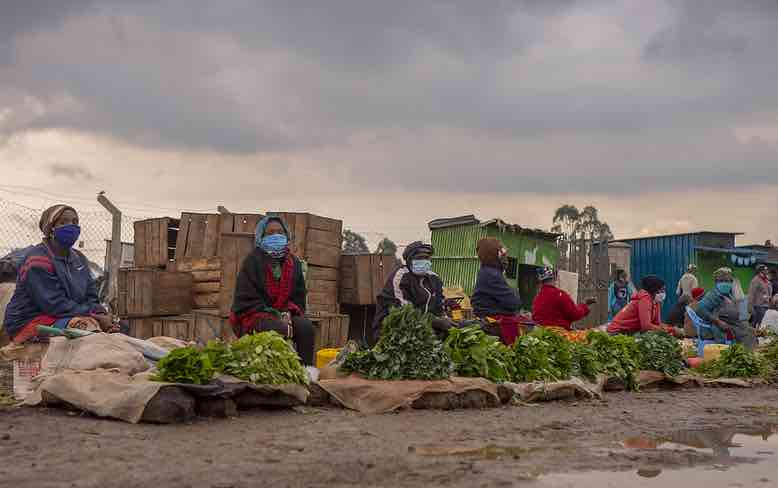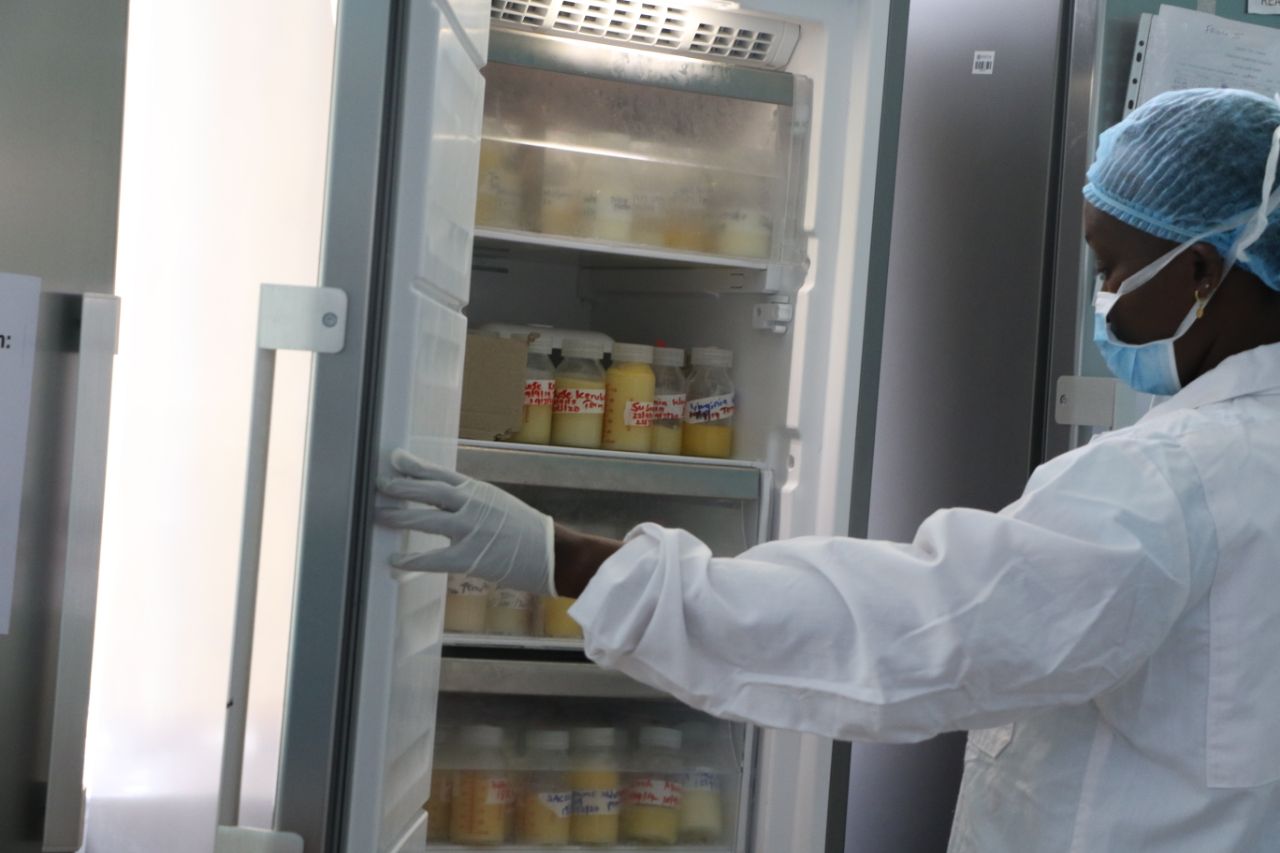‘’Potential Effectiveness of Integrating Human Milk Banking and Lactation Support on Neonatal Outcomes at Pumwani Maternity Hospital, Kenya“
Thursday, September 12, 2024
9:00-10:00am (EDT) | 1:00-2:00pm (GMT) | 4:00-5:00pm (EAT)
Presented by:
Taddese Zerfu
Research Fellow |Development Strategies and Governance | IFPRI-Addis Ababa
Abstract:
We assessed the potential effectiveness of human milk banking and lactation support on provision of human milk to neonates admitted in the newborn unit (NBU) at Pumwani Maternity Hospital, Kenya. This pre-post intervention study collected data from mothers/caregivers and their vulnerable neonates or term babies who lacked sufficient mother’s milk for several reasons admitted in the NBU. The intervention included establishing a human milk bank and strengthening lactation support. Preintervention data were collected between 5 October 2018 and 11 November 2018, whereas postintervention data were collected between 4 September 2019 and 6 October 2019. Propensity score-matched analysis was performed to assess the effect of the intervention on exclusive use of human milk, use of human milk as the first feed, feeding intolerance and duration of NBU stay. The surveys included 123 and 116 newborns at preintervention and postintervention, respectively, with 160 newborns (80 in each group) being included in propensity score matched analysis. The proportion of neonates who exclusively used human milk during NBU stay increased from 41.3% preintervention to 63.8% postintervention (adjusted odds ratio [OR]: 2.68; 95% confidence interval [CI]: 1.31, 5.53) and those whose first feed was human milk increased from 55.0% preintervention to 83.3% postintervention (adjusted OR: 5.09; 95% CI: 2.18, 11.88). The mean duration of NBU stay was 27% (95% CI: 5.8%, 44.0%) lower in the postintervention group than in the preintervention group. The intervention did not affect feeding intolerance. Integrating human milk banking and lactation support may improve exclusive use of human milk among vulnerable neonates in a resource limited setting.
Presenter:
Taddese Zerfu is a Research Fellow in the Development Strategies and Governance Unit, based in Addis Ababa, Ethiopia. Together with the Ethiopian team, he coordinates the Ethiopia National Information Platforms for Nutrition (NIPN) Technical Advisory Project (ENTAP). He has conducted a modeling study using the Lives Saved Tool (LiST) software, which has resulted in a significant policy impact in relation to Ethiopia’s Seqota Declaration activity.
Discussant:
Dr. Emily Njuguna, Regional Lead-Africa | Maternal and Newborn Health | PATH Nairobi, Kenya
Moderator:
Sokhna Sall Seck, Communications Specialist II, Development Strategies and Governance, IFPRI Africa





